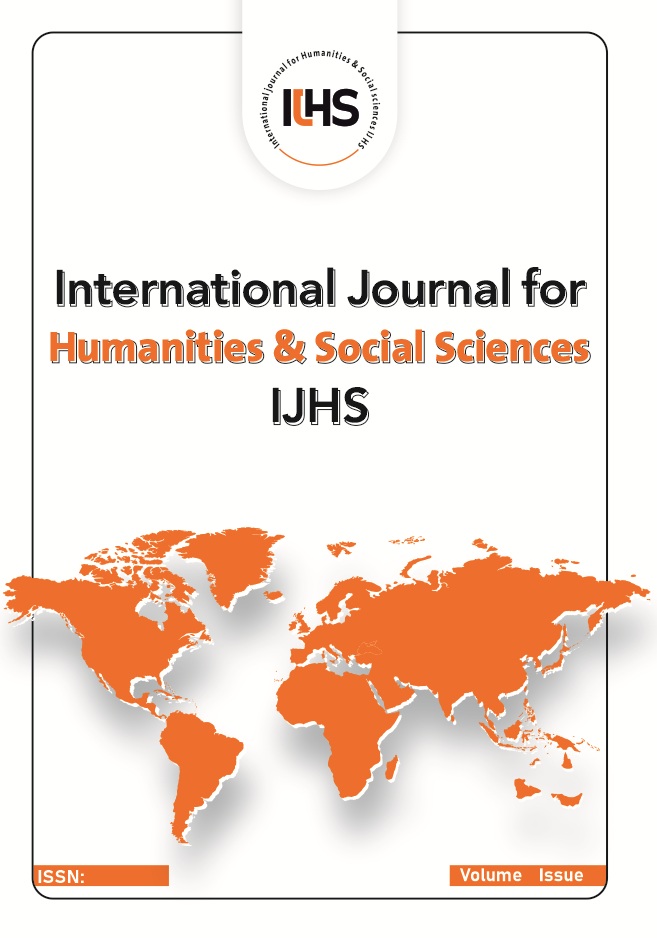Nexus Among Public Health Expenditure, Environmental Pollution, Governance and Health Status: Empirical Perspective from Nigeria
Main Article Content
Abstract
The study, empirically examines the nexus among public health expenditure (PHE), environmental pollution, governance (QoG) and health status in Nigeria using annual time series data spanning from 1981-2020. Autoregressive distributed lag (ARDL) approach and two stage least square (2SLS) techniques were utilized. Data on PHE, environmental pollution captured by CO2 emission and governance (QoG) measured by corruption perception index (CPI) were regressed on infant mortality rate (IMR) and under five mortality rates (U5MR) as measures for health status. Generally, there is evidence of long-run association between the various variables in the respective model specification. The results reveal (i) a negative and significant effect of PHE on both health status, implying that a 1% increase in PHE reduces IMR and U5MR by 0.03%; (ii) a significant and negative effect of CO2 emissions on health status, which imply that a 1% increase in CO2 emissions will reduce U5MR and IMR respectively by approximately 0.05%. (iii) QoG measured by CPI has a negative though statistically insignificant effect on health status, showing that a percent increase in CPI approximately decreases IMR and U5MR by 0.03%, (iv) a negative and significant effect of GDP per capita on health status which imply that economic growth is associated with an improvement in the health status of the population. Here a percent increase in per capita income reduces IMR and U5MR by 0.43 and 0.49 percentage point respectively. The study recommends that there is need for policymakers in developing countries like Nigeria to aggressively deploy fiscal policy to boost allocations on public health expenditure and ensure progress across all four pillars of sustainable development through good governance devoid of corruption in term of misallocation of public resources, poor management and better institutions as these are essential for both individual and societal well-being..
Article Details

This work is licensed under a Creative Commons Attribution 4.0 International License.
International Journal for Humanities and Social Sciences (IJHS) is licensed under the http://creativecommons.org/licenses/by/4.0, which allows users to copy, create extracts, abstracts, and new works from the article, alter and revise the article, and make commercial use of the article (including reuse and/or resale of the article by commercial entities), provided the user gives appropriate credit (with a link to the formal publication through the relevant DOI), provides a link to the license, indicates if changes were made, and the licensor is not represented as endorsing the use made of the work. The authors hold the copyright for their published work on the IJHS website, while IJHS is responsible for appreciate citation of their work, which is released under http://creativecommons.org/licenses/by/4.0, enabling the unrestricted use, distribution, and reproduction of an article in any medium, provided that the original work is properly cited.

